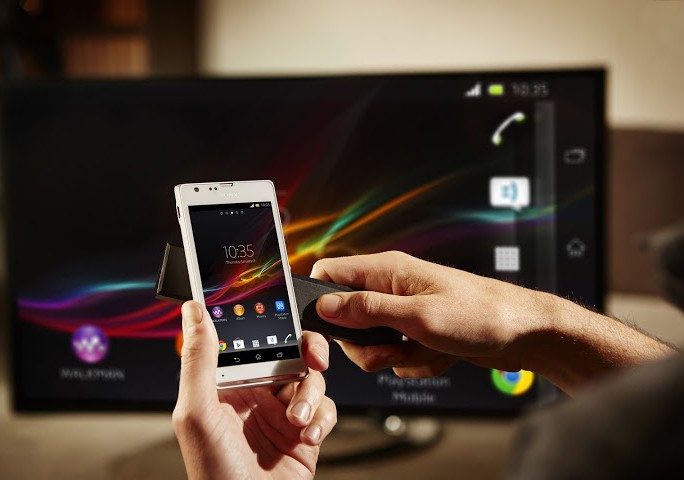Freeview 4G Tests Show No TV Interference In London

At800 says London Freeview signals will not be disrupted by LTE at 800MHz
Freeview 4G trials in Southeast and West London have reported that no interference to Digital Terrestrial Television (DTT) signals was caused by LTE services operating on the 800MHz spectrum.
The UK’s only current 4G operator, EE, uses 1800MHz spectrum for its network, but there have been fears that when LTE services using 800MHz launch later this year, they could interfere with Freeview TV, which operates on the adjacent 700MHz airwaves.
Now, those fears appear to have been relieved by tests carried out by at800, a joint-venture set up for the purpose. The at800 body was formed by the winners of 800MHz spectrum in the recent Ofcom 4G auction, including O2, Vodafone, Three and EE.
Freeview 4G London tests
 It was originally thought that the new 4G services might disrupt TV services for millions of households, but results so far have suggested that the problem is not so widespread and can easily be solved by installing a Freeview 4G filter. These latest trials covered 170,000 households in Greenwich, Lewisham, Southwark and Tower Hamlets and a further 28,000 in Brentford and Isleworth, who were also sent filters.
It was originally thought that the new 4G services might disrupt TV services for millions of households, but results so far have suggested that the problem is not so widespread and can easily be solved by installing a Freeview 4G filter. These latest trials covered 170,000 households in Greenwich, Lewisham, Southwark and Tower Hamlets and a further 28,000 in Brentford and Isleworth, who were also sent filters.
At800 said that its test results reflected the fact that there is a very strong Digital Terrestrial Television (DTT) signal in London that is transmitted at frequencies clearly separated from the 800MHz spectrum.
“London is a big and important market for 4G services and also has millions of Freeview viewers. Clearly it was essential for the broadcasters and the mobile operators that we run trials in London before a rollout of 4G at 800 megahertz,” said Simon Beresford-Wylie, chief executive of at800. “Whilst it seems unlikely that there will be issues for the vast majority of television viewers in the capital, we will remain alert to any possible interference when rollout commences.”
The results were welcomed by Freeview, which has promised to work together with at800 to minimise any impact of 4G at 800MHz on transmissions.
“We are encouraged that the London pilots appear to have caused little inconvenience to Freeview viewers,” said Ilse Howling, Managing Director of Freeview. “More tests are necessary to ascertain the impact of 4G in a variety of geographical areas and under different test conditions.”
At800 is currently carrying out trials in Brighton, where Freeview signals are transmitted at frequencies much closer to 800MHz. The town is also hilly, which should help at800 to examine the impact of more varied terrtain.
Are you up to speed on 4G? Try our quiz!